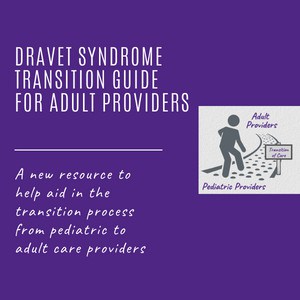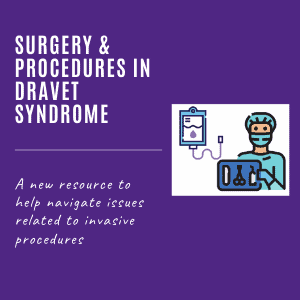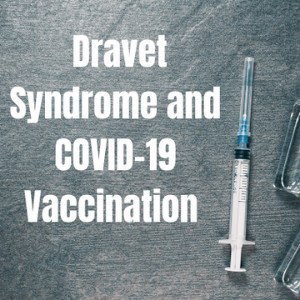Dravet Syndrome Transition Guide
Transition of care, or the process of moving from pediatric to adult health care providers, is one of the most challenging issues facing adults with Dravet syndrome and their families. Transition of care can be challenging in general when a patient has a complex medical history and requires a large team of health care providers […]
Dravet Syndrome Transition Guide Read More »














